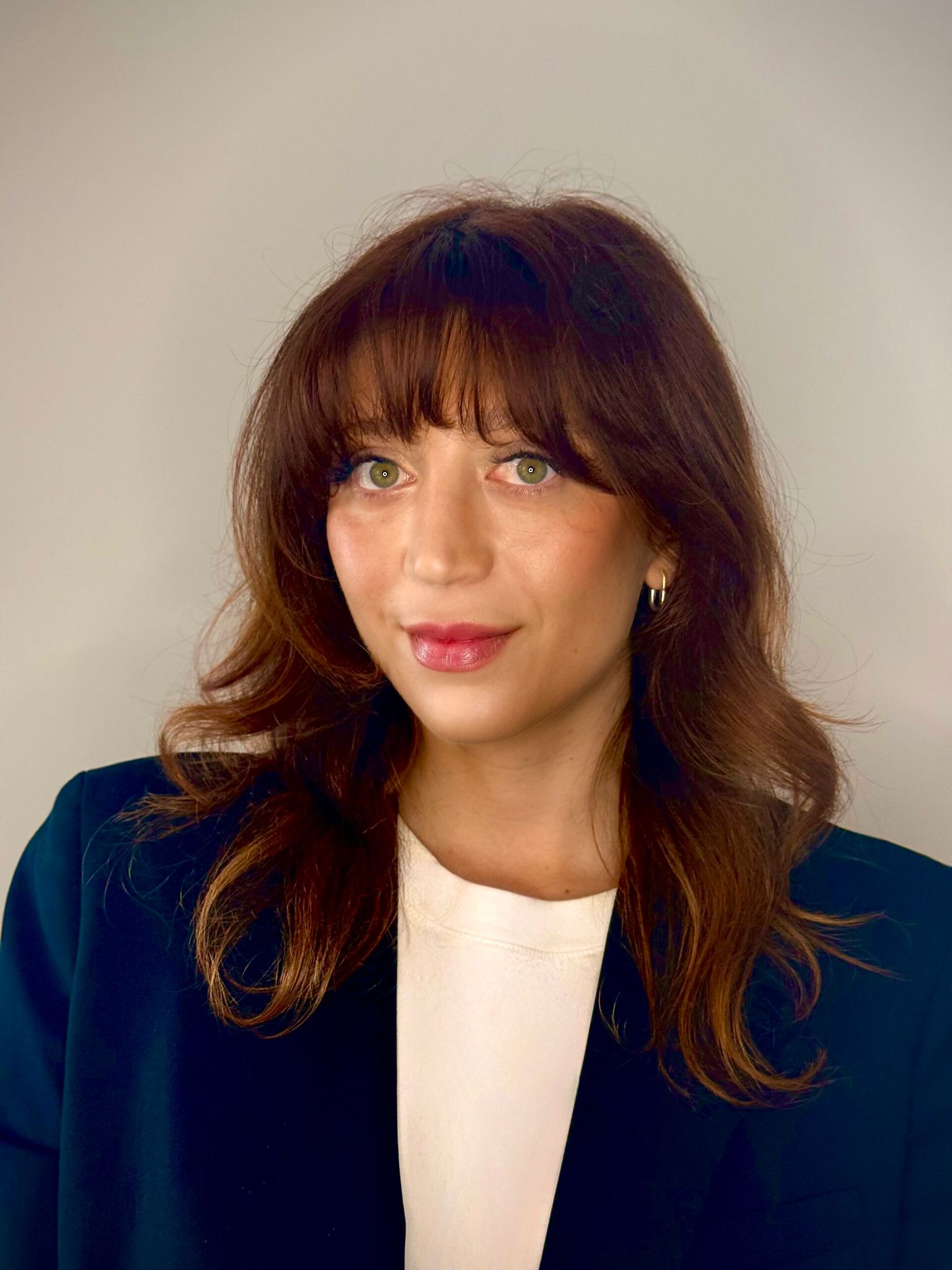What is your area of research as it relates to FTD?
My research focuses on the neuropsychological symptoms of Frontotemporal Dementia (FTD), particularly on agitation. I investigate how agitation manifests in Frontotemporal Lobar Degeneration (FTLD), exploring its underlying neural mechanisms and potential biomarkers. My work also involves science communication, translating these findings into practical insights for community understanding and clinical application.
What inspired you to do FTD research?
My interest in FTD research was sparked by a desire to understand the complex interplay between brain function and behaviour, particularly how neurodegenerative diseases can drastically alter personality and cognition. With its profound impact on patients and their families, FTD presents unique challenges that are both scientifically intriguing and deeply human.
What challenges have you faced in FTD research?
The heterogeneity of Frontotemporal Lobar Degeneration (FTLD) complicates efforts to draw generalized conclusions. Translating research findings into clinical practice demands extensive collaboration and effort. Increasing community awareness about FTD is also a critical challenge, as it helps bridge the gap between scientific research and practical understanding, fostering better support and engagement for affected individuals and their families.
What hopes do you have for FTD research?
I hope for advancements that include improved diagnostics for early and accurate detection, effective treatments to slow disease progression and alleviate symptoms. Greater understanding of the neural mechanisms behind and increased community awareness are also crucial. Ultimately, I seek continued research collaboration to drive innovation and translate discoveries into practical solutions for patients and their families.
